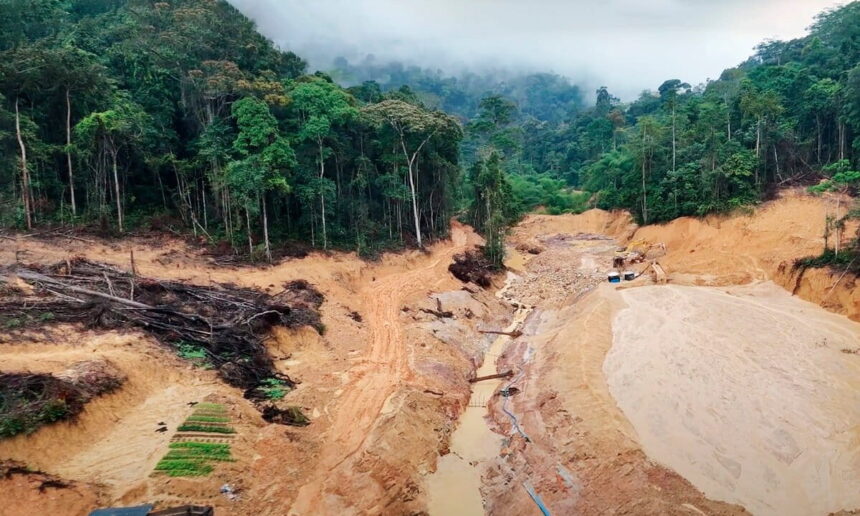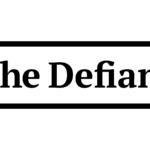In the Republic of Congo, gold mining operations conducted by the Chinese company City SARL within the Dimonika Biosphere Reserve have wreaked havoc on the local environment and communities. Spanning five hectares (approximately 12 acres), the devastation has forced artisanal gold miners and local residents to evacuate the area, resulting in a severe shortage of essential resources like food and drinking water.
Recent laboratory analyses of water samples from the impacted region revealed alarmingly high levels of mercury, posing significant health risks to both the current inhabitants and the wider ecosystem. Non-governmental organizations (NGOs) have decried this situation as an ecological and humanitarian disaster, highlighting the long-term implications it may have on public health and environmental stability.
Despite the Congolese government banning the mining activities of City SARL in November 2024, the aftereffects of the operations remain unchecked. There has been no remediation undertaken to restore the damaged ecosystem or to support the displaced communities, leaving them further vulnerable and in a precarious living situation.
The situation in the Dimonika Biosphere Reserve underscores broader concerns regarding the sustainability of natural resource exploitation in the region. As demands for gold continue to rise globally, the consequences of such operations on local environments and populations become increasingly critical.
Engagement from the public has been encouraged, with avenues open for individuals to share their thoughts on important issues or stories that merit coverage. This initiative aims to amplify voices and narratives that reflect the urgent challenges faced by communities impacted by resource exploitation.







